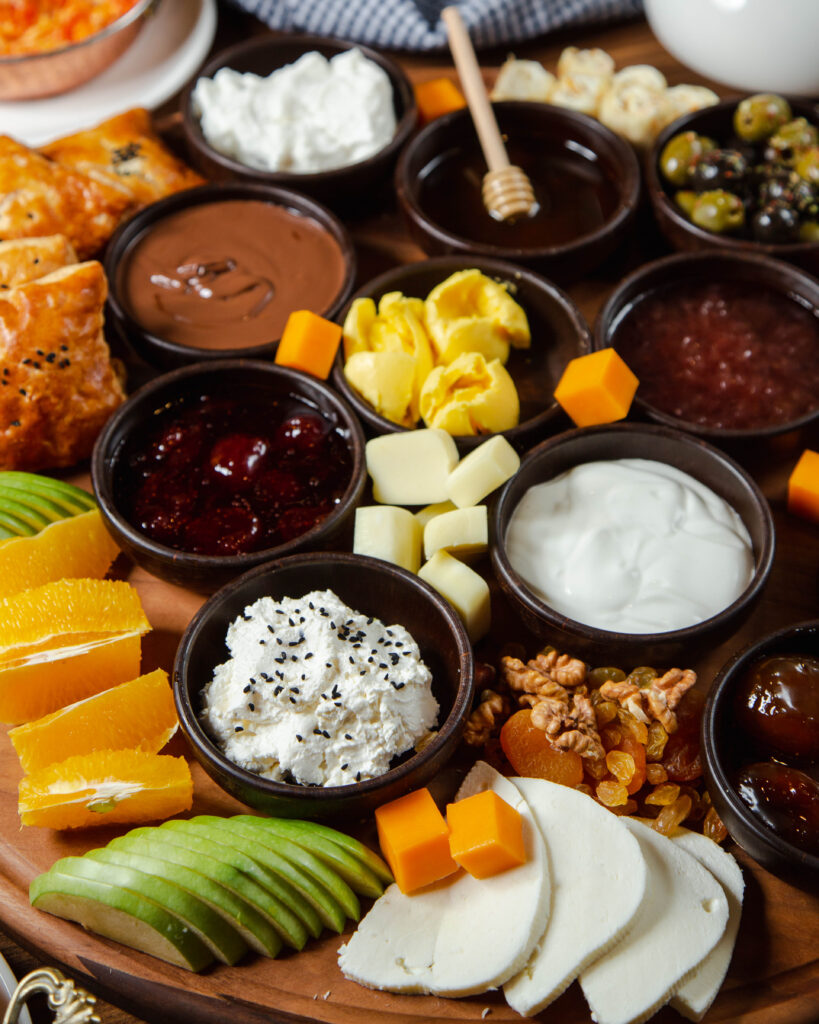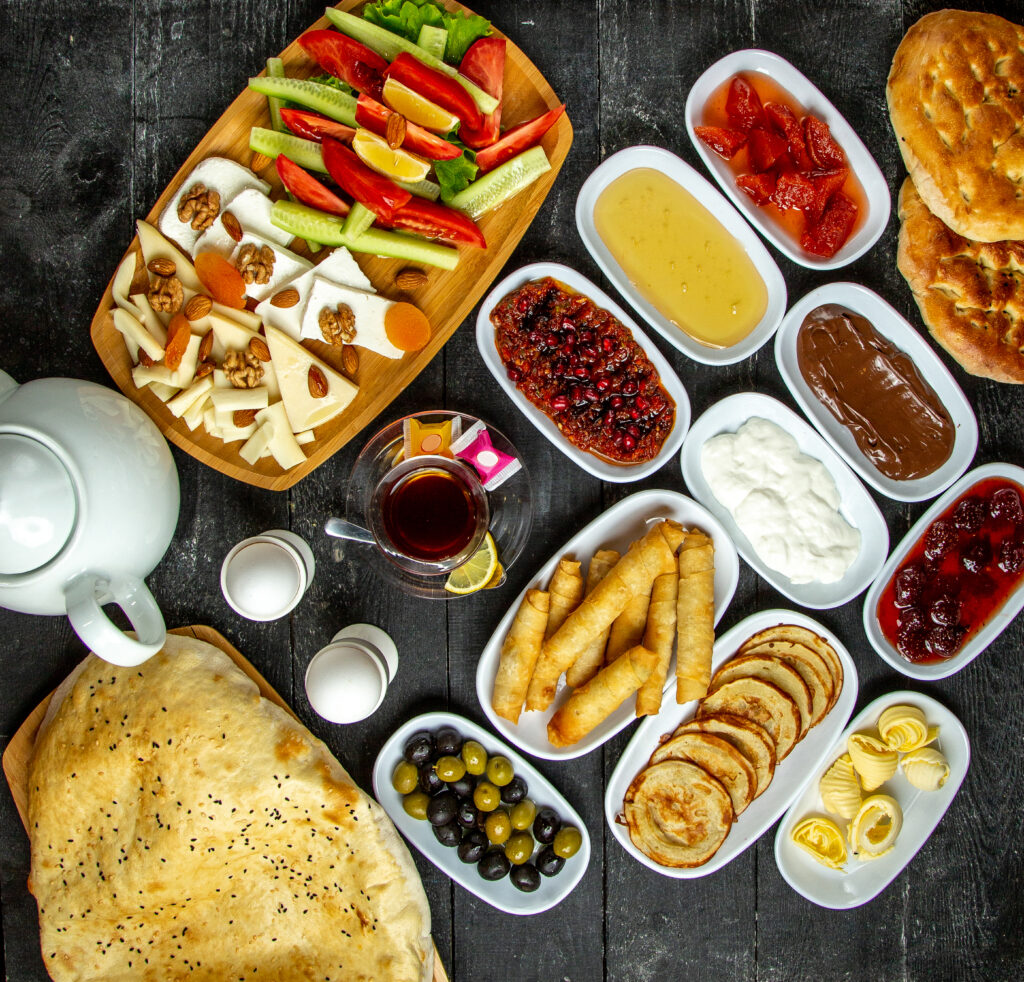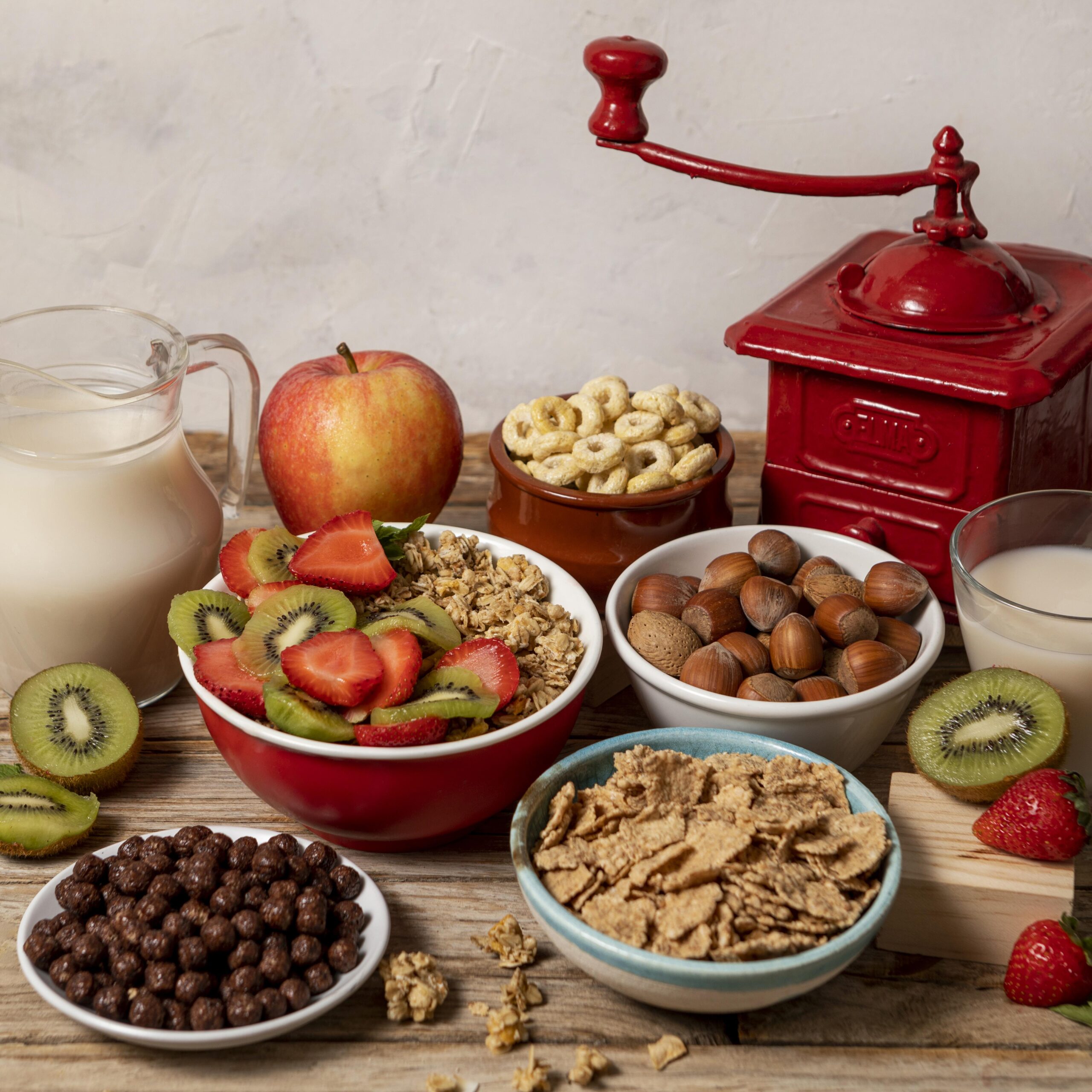Here we are going to share information on the topic “what to eat when stomach is upset.” Eating bland foods helps reduce stomach discomfort and distress and hastens the resolution of diarrhea. The BRAT diet, which stands for “bananas, rice, applesauce, and toast,” is one that you can adopt. Stools are also made firmer by this diet.
- Diet and diarrhea are closely related, regardless of the cause—food poisoning, allergies, or long-term conditions like irritable bowel syndrome.
- Your comfort level can be impacted by your meals, even if you have chronic diseases affecting your digestive system.
- Some items you eat can assist your digestive system in returning to normal when you’re having a diarrhea attack. Certain meals may exacerbate or prolong your symptoms.

what to eat when stomach is upset
foods to consume in case of diarrhea
The things you consume and avoid while you have diarrhea can make a big difference in how quickly you recover. This is the role of BRAT foods.
The following are part of the BRAT diet:
- Bananas
- White rice
- Applesauce
- White bread toast
These foods won’t upset the digestive system because they are bland and low in fiber. Additionally, they bind, which helps to firm up stools. You can mix these foods when on a BRAT diet, for example, by spreading bananas or applesauce on toast.
Add-on items are acceptable when following a bland diet.
These may consist of:
- cooked cereal, such as Farina soda crackers, Cream of Wheat, or oatmeal
- Boiled or baked potatoes with low-sugar apple juice
You can keep hydrated and replenish lost fluids by consuming an ample amount of liquid.
Some options to consider are:
- drinking water or eating ice chips
- clear broths, such as beef, chicken, or vegetable broth, that have had all of the oil removed
- coconut water with vitamins or electrolytes, or water boosted with electrolytes (try to avoid ones high in sugar)
- options such as decaffeinated tea and weak Pedialyte
You can try introducing things like scrambled eggs and cooked veggies once you’ve begun to heal.
Items to stay away from when you have diarrhea
Certain meals can upset your digestive system and make diarrhea worse or last longer, whether you have it or are recovering from it.
Items to stay away from while you have diarrhea include:
- Dairy products and milk (including milk-based protein drinks)
- Oily
- Oatty
- Fried foods
- hot dishes
- Processed foods—particularly those that contain chemicals
- Veal and pork sardines
- Raw veggies Corn, onions,
- Citrus fruits; other fruits, such as seeded berries, figs, currants, pineapples, and cherries;
- Alcohol soda, coffee, and other fizzy or caffeinated beverages
- Synthetic sweeteners, such as sorbitol
Foods high in FODMAPs
“Fermentable oligosaccharides, disaccharides, monosaccharides, and polyols” is what the acronym FODMAP stands for. FODMAPS are short-chain carbohydrates that are improperly absorbed by the intestines.
Foods high in FODMAPS can cause the following symptoms:-stomach aches and pains bloating, gas, and farts alterations in bowel habits
Foods with a high FODMAP content that should be avoided include:
- Some veggies, such as beans, onions, and garlic
- Asparagus
- Avocado
- Cauliflower
- Celery
- Mushrooms
- Pickled veggies
- Several fruits—apples included—
- Pears
- Peaches
- Berries
- luscious bananas
- Grapefruit
- Mango
- Watermelon
- Some meat products, including sausages
- Things made with chorizo that contain wheat bran cereal
- Honey
- Molasses
- Sweeteners
- Dairy products
- Tea made with soy milk
Dairy goods
Lactose is a milk sugar found in dairy. Some people cannot digest lactose; they are lactose intolerant. Shortly after ingesting dairy products, they might feel the follows:
- rumbling, bloated stomach flatulence
- cramps and nausea in the stomach; diarrhea
Individuals with lactose intolerance ought to abstain from consuming dairy products, including:
- Milk
- Cheese
- yogurt
For those who are lactose intolerant, lactose-free dairy products are suitable and may be found in most shops.
Remedies and treatments
- Many diarrhea episodes are transient and benefit from at-home remedies like:
- Altered diet, more fluid consumption, over-the-counter (OTC) drugs, like Pepto-Bismol, which can help halt or lessen diarrhea,
- However, diarrhea can also arise from a bacterial illness. Antibiotics may be suggested by a physician in these circumstances.
- Reintroducing beneficial bacteria into the digestive tract with probiotic use can help avoid antibiotic-related side effects. Additionally, it may help avert further episodes of diarrhea.
- You might need to be admitted to the hospital if your diarrhea is severe so that you can have intravenous fluids to keep yourself from becoming dehydrated.
When to Seek Assistance
Even though many occurrences of diarrhea are manageable at home, you might need to see a doctor if your diarrhea is persistent or if you have worrying symptoms. In the event that diarrhea worsens over a few days or is accompanied by dehydration, medical attention may be necessary.
You might need to see the ER for treatment if your symptoms are concerning. Among these symptoms are the following:
- stools that are bloody or black
- excruciating stomach ache
- a 39°C (102°F) fever
Reliable Source or above
A child may require urgent or emergency care if they have diarrhea if they:
not getting better after a day, not had a wet diaper in three or more hours, and you have a temperature of 100.4°F (38°C)
Children under three months old or those between three and thirty-six months old who have a temperature of 102.2°F (39°C) or higher have a parched mouth or tongue, cry without tears, and have skin that doesn’t flatten when pinched and released. They also appear sunken in the eyes, cheeks, and abdomen. Have crimson or dark stools
Conclusion
what to eat when stomach is upset
Foods have the power to both induce and aid in the healing of diarrhea in your body.
After a few hours, begin introducing BRAT foods, and make sure you get plenty of rest and water. You can incorporate things like scrambled eggs and lean ground chicken after a day or two of bland, soft foods.
You can get better and recuperate more quickly if you follow this diet, allowing you to resume eating all the things you enjoy as soon as possible.
Recap: It can be challenging for someone with an unsettled stomach to eat anything at all. To avoid dehydration, they must, nevertheless, consume an abundance of liquids.
Foods that are bland and lack strong flavors or aromas can aid in sating hunger without aggravating the stomach further. A few of these items might also aid in replenishing electrolytes lost due to diarrhea or vomiting.
A stomach ache or an underlying digestive issue may get worse when certain meals are consumed. Foods heavy in sugar, fried or greasy foods, and insoluble fiber are a few examples.
If a person’s upset stomach symptoms are ongoing or getting worse, they should consult a doctor. A physician will attempt to identify the underlying reason and administer the necessary care.
So, this is how the topic “what to eat when stomach is upset” has been addressed.
For more information related to this topics,
You may also visit our Instagram page by

Frequently asked questions
what to eat when stomach is upset
What foods help diarrhea go away?
Eating bland foods helps ease the symptoms of diarrhea and reduces irritability and distress in the stomach. This can include boiled potatoes, toast, applesauce, bananas, porridge, plain white rice, and unseasoned crackers.
What can I eat with an upset stomach and diarrhea?
Eating bland foods helps reduce stomach discomfort and distress and hastens the resolution of diarrhea. The BRAT diet, which stands for “bananas, rice, applesauce, and toast,” is one that you can adopt. Stools are also made firmer by this diet.
What 12 foods stop diarrhea?
Frequent Questions and Responses. Which meals are advised to be consumed when experiencing diarrhea? Simple foods like oatmeal, bananas, applesauce, plain rice, boiled potatoes, toast, pretzels, plain crackers, and baked chicken without skin or fat are among the items on the list.
What stops diarrhea fast?
Low-fiber, bland foods that are starchy and lack fiber, such as those included in the BRAT diet (bananas, rice, applesauce, and toast), can bind stool and aid in the rapid relief of diarrhea. Probiotics, glutamine supplements, herbal teas, and rice water are other natural therapies that you can try.
Will yogurt help diarrhea?
Diarrhea is typically treated with yoghurt. On the other hand, it could exacerbate diarrhea if you have a lactose intolerance or allergy. Select a probiotic-containing, low-sugar yoghurt brand if you’d like to try it as a home cure for diarrhea.
What Indian food is good for an upset stomach?
White Rice
When your stomach is delicate and unable to handle big meals, white rice is great. Ideally, white rice should be cooked without any oil or toppings. A satisfied stomach can be achieved by eating it with curd or dal!

